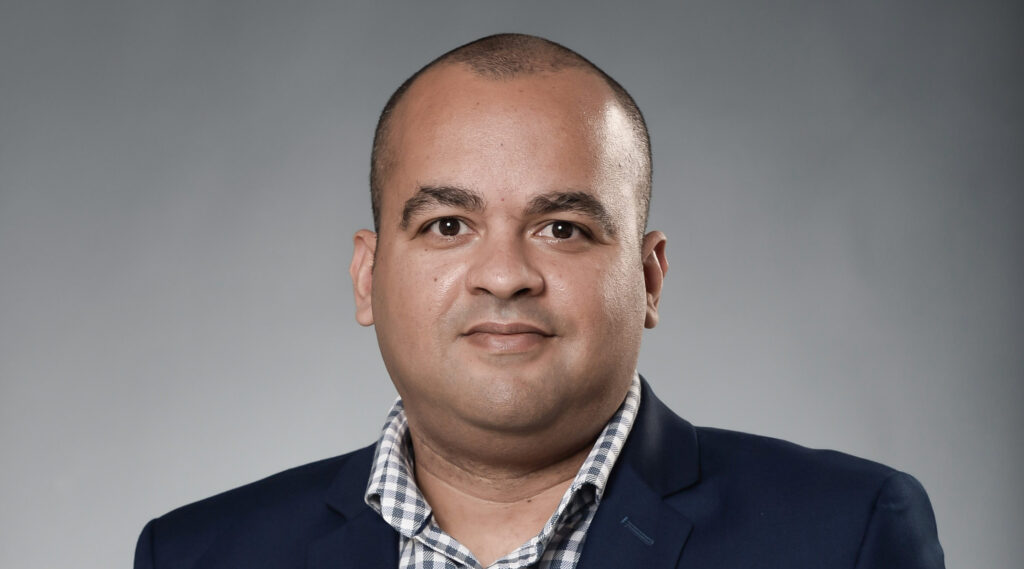AFMS Group CFO Jamie Louw reveals how leaving behind your scarcity mindset can create new opportunities.
We are living in fraught and complex times.
In South Africa, we are dealing with a high inflationary environment impacting the cost of living and the cost to do business, which creates broader societal pressure and uncertainty. Add to that higher interest rates, low growth and flailing levels of business confidence as well as a challenging international mix of depressed market factors, and you have a wicked cocktail that isn’t appealing to the palate. The world is indeed a very different place post-Covid, and all this has placed new constraints on our behaviour and traits as financial professionals, leaders and human beings in the communities which with we interface.
With all of the above being said, it is easy to see why so many of us may have either developed a scarcity mindset or thinking in a manner that embodies scarcity in some way. This mindset focuses on a lack of resources which must be conserved and used strategically. But you might say, as a responsible financial person in the organisation that part of our role is to be prudent custodians of company resources, especially in hard economic times, and so safeguarding assets and making value-adding financial decisions is the order of the day. This is fully acknowledged, but perhaps a more in-depth look at scarcity mindsets is key to understanding how it is restrictive and limiting to growth and thriving in these complex times.
Thinking with a scarcity mindset can exhibit the following negative tendencies:
- Zero-sum game thinking: The notion that one person's gain is equivalent to another's loss, so the net change in wealth or benefit is zero.
- Overscheduling oneself: This can lead to you feeling as though there are not enough hours in the day to take advantage of all the opportunities that come your way. This can lead to overscheduling, overwhelm, and stress.
- Fear of failure: The fear of losing what you have, be it money, resources, relationships, or opportunities, can lead to a lack of trust in others and an unwillingness to take risks to achieve success.
- Fear of loss: Being overly concerned about failure, believing that if you fail, you won’t have enough resources to try again, which leads to inaction, stress and worry.
- Being overly self-reliant and hoarding behaviours: Believing that you can only depend on yourself to get what you need can lead to feelings of loneliness and isolation.
- Latent perfectionism: The idea that anything less than perfect isn’t good enough, which can lead to procrastination and a fear of taking risks, as well as an inability to see the bigger picture.
- Short-term decision making: Making decisions without considering the long-term implications of your choices. Impulsivity can prevent you from making the most of your opportunities.
In response, bounded optimism is one way of combatting negative thought processes that breed negative energy. This mindset blends confidence and hope with realism to provide a rounded perspective that aids finance professionals to contribute towards value-adding decision-making in organisations.
Bounded optimism is made manifest by the following behaviours and orientations:
- Intentionality: Being more intentional, while recognising Rome wasn’t built in a day. This is grounded in the realisation that we can do our best without feeling the need to over-schedule
- Long-term focus: More efficient planning and decision-making that considers long-term implications and avoids knee-jerk decision-making that is penny wise, but pound foolish.
- Cross-cutting collaboration fosters inclusion: This breaks down silos and builds trust among teams across the organisation. As finance people, we sometimes think we have all the answers, but the solution/idea/insight is sometimes sitting with the person you least expect it from.
- Open and flexible: Being open to taking risks through evidence-led persuasion, and inspiring action through confidence and clarity.
- Growth that fosters positive energy: Consideration of the opportunities in a particular situation by focusing on areas of growth. Mental energy is garnered through the emergence of new possibilities and the ability to be flexible and responsive.
The above factors help to foster and create an environment that amplifies confidence and hope, while being grounded in existing realities. Is it now time for us as financial professionals to adopt a more bounded optimistic view of the world, that can help us stave off negative scarcity mindsets that could be inhibiting a more prosperous view of the world for our organizations and ourselves, abounding with new opportunities? Food for thought.










